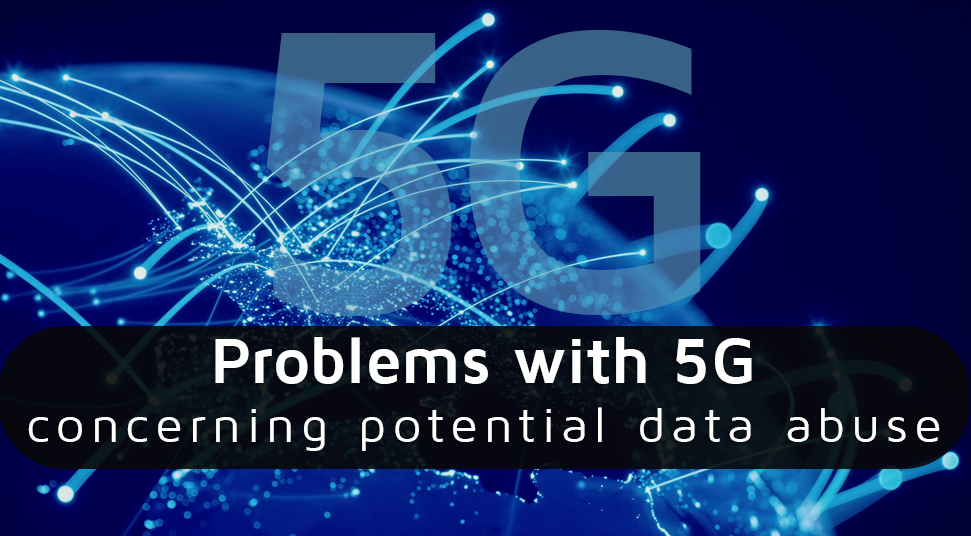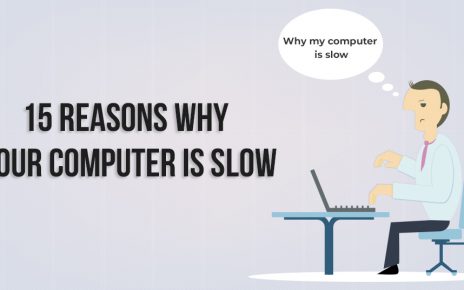With en era of high speed and cutting edge technology, 2nd and 3rd generation networks are almost fading away eventually with the arrival of the 5th generation cellular communication network.
The next-generation wireless would definitely have incomparable speed and seamless communication. It is sure that 5g is going to be a breakthrough since it is going to bring great advancement in our lives. Starting with automated cars(driverless), incredible speed, smart cities, telemedicine and integration with Artificial Intelligence to make jobs more seamless, and there are much more stuff that could be brought from harnessing the potential of the 5th generation network.
5G will offer magnificent speed to every 5G device owner. But with its super speed, does it also raise the stakes on privacy, security and potential data abuse?
I think it definitely raises a question of both safety and privacy, with potential hackers loitering around the web looking for the gateway of entry. 5G having massive speed will be advantageous for the common people, as well as the cyberfraud.
CEO of Vaporstream Galina Datskovsky reminds us that “5G implies faster speeds for good guys and for bad guys”.
What could this mean?
Let’s have a look at what the threats and privacy issues that we might have to go through in the future and how to prevent our data from being hacked or abused, before our concern with this issue goes too far ahead of us.
By 2025, estimate says more than 1.1 billion people will have access to 5G around the globe, but before it’s too late carriers must think about concerns related to privacy and security.
What are the major security and privacy challenges that need to overcome?
Brands like Verizon and A.T &T has already made their way into the futuristic generation of cellular networks followed by the T-Mobile. Carriers are still investing in researches to know the vulnerabilities of 5G before giving access to millions of people.
Allowing a line of advanced functions such as enhance use of Artificial Intelligence to connecting networks of devices and the internet of things(IoT), from smart homes to military tech progress, from automation of cars to more secure transactions, all are happening at the same time says Mark Foster, Senior V.P of IBM global business services.
He also states “Each comes with its own risks concerning security, privacy, and potential data abuse. In the end, the only thing that matters is the ethical operation of all this stuff”.
Another interaction surfaced up, where Marc Rotenberg, the president of the Electronic Privacy Information Center, says “with the proliferation of 5G connected devices governments will need to test these systems carefully before they are deployed”.
Huawei has always been the center of focus when it comes to the mandatory equipment needed for the 5th generation network. U.S has managed to continue to keep 2 companies Huawei and ZTE away from the domestic networks and it is one of the many crucial 5G security factors.
Huwaei already facing a bad reputation since it has a history of international data theft, domestic spying, and cyber espionage, but only banning Huawei will not be enough to secure the future prospect of 5G cellular networks.
5G has super-massive speed, but what are the problems with 5G concerning potential data abuse?
Having an incredible speed can be dangerous a few times. There is a possibility that 5G bikes, suitcases, and dashcams can be used to exploit users. For each of this equipment, there stays a risk that a cybercriminal or even a manufacturer can abuse the data to breach your privacy.
Senior lecturer in Information security at the University of Dundee, U.K mentions a point that “attackers might exploit everything from mining Bitcoin to posting fake news on Twitter. It can get even terrifying if cyber-intruder plans to secretly listen to conversations through 5G baby-cam.
Smart TVs and entertainment could also be a potential place of abuse. Vizio, TV maker was charged with $2.2 million by the Federal Trade Commission and it is because they have been gathering data on your watching habits.
Steven Bellovin, professor of Computer Science Columbia University didn’t stop to comment on the rising concern of privacy and potential data abuse. His concerns state that mobile carriers could seamlessly observe and identify the location of the users accurately because 5G signals have a much shorter range than that of 4G.
What could be done to protect our privacy and potential data abuse?
The European Union suggested a series of steps in which member nations evaluate their own 5G risks by the end of June. More importantly, they will start working collectively to make sure that there is a high level of cybersecurity.
People have become more concerned about who uses their data and why thus most people now do not trust companies with their data.
According to the CTIA, which represents the U.S wireless communication companies, advance privacy protection formulas are in development for 5G standards, which includes encryption of each device’s IMSI( international mobile subscriber identity).
Providers are busy deploying more virtual networks such as cloud-based networks which can be replaced or removed by using softwares in real-time.
Pacing up with the race, GSMA has built a digital authentication standard named as Mobile Connect to allow users to create and control a universal digital identity with a one-time login. Mobile Connect will help to match a user to their phone, later allowing them to log-in to applications and websites quickly without the necessity to put in passwords. The company thinks that this will enhance cyber-security and genuinely lower down the risk of data breaches.
Conclusion
In order to protect your privacy and enhance security, the carriers will need to merge strong endpoint secuirty protocols so that they could build pre-tested firewalls and identify & wipe out malware and other malicious stuff.
And on the other hand, DARPA put tremendous efforts to bring an open-source hardware movement. Its objective is to acquire patching of all vulnerabilities and protocol authentication for the next generation.



